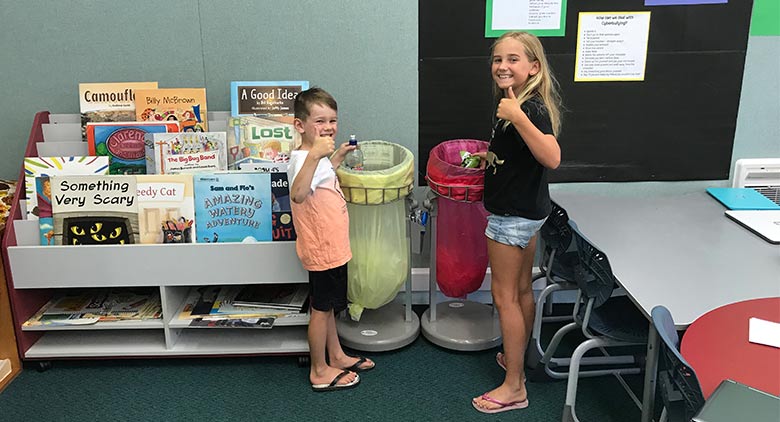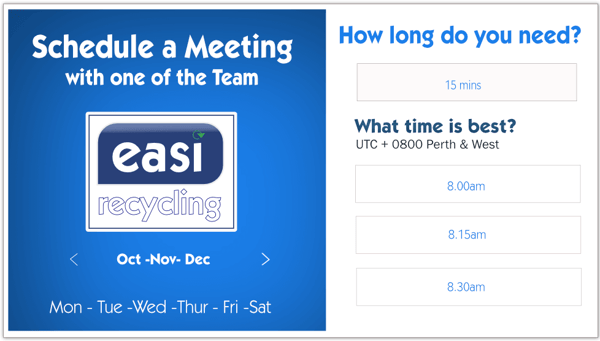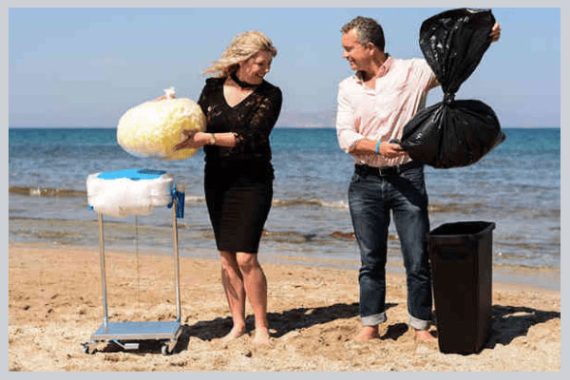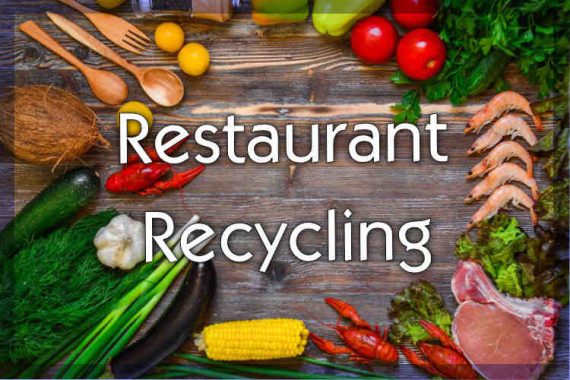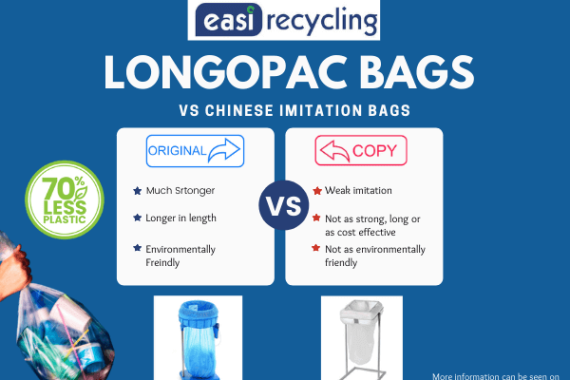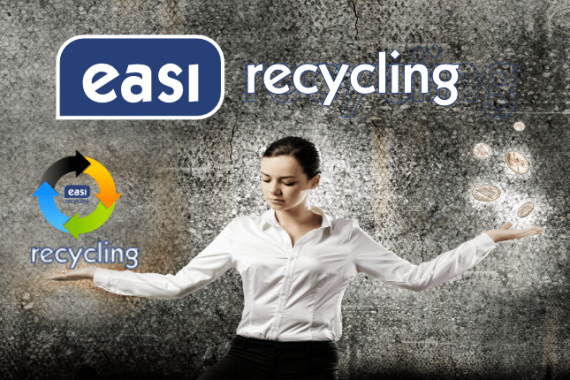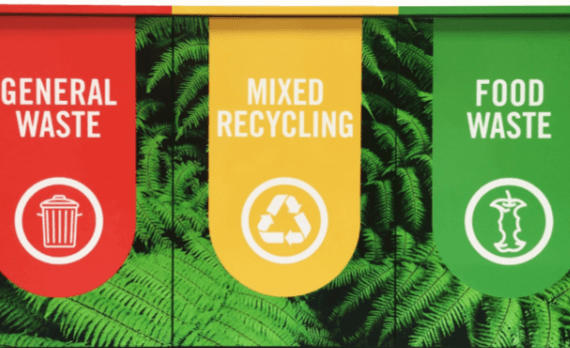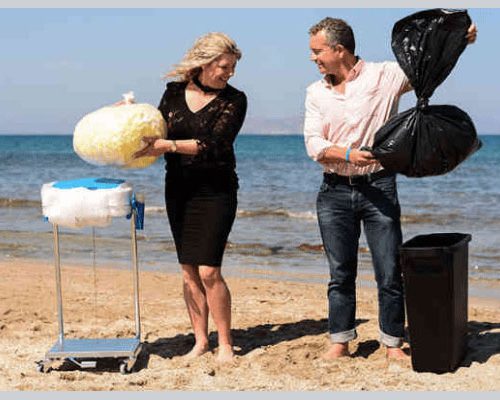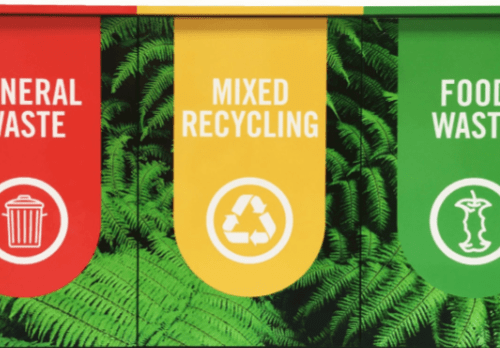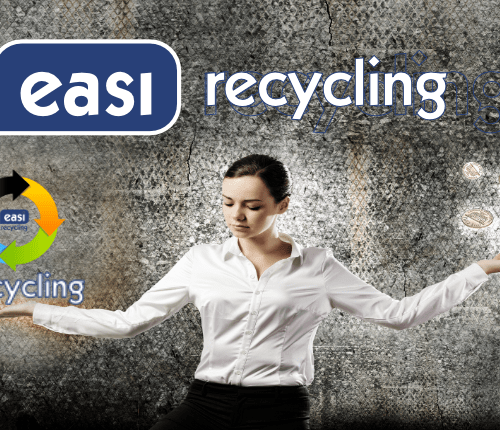Smarter Waste Management in Schools
The lessons that our children are taught in their younger years can help to make a great foundation for positive habits that last a lifetime. The importance of recycling should be included in school lessons in order to teach young ones how to look after their precious planet in the future. Recycling and school waste management can be easily integrated into a wide range of subjects and ideally needs to be part of every school curriculum.
Teaching young students how to re-use, reduce and recycle, will also greatly help to lower the environmental footprint of your school.
With well over 9,000 schools in New Zealand, the waste that each educational establishment produces contributes greatly towards the total amount of waste that New Zealand produces as a country on the whole, so it’s important that effective changes are made.
Small Changes = Big Rewards
To create a sustainable and effective school waste management programme, the first place to start is with the hearts and minds of students. They need to understand the negative effects that humans are causing our planet and the importance of making necessary changes.
If our children are not educated about the dangers of hazardous materials – such as heavy metals in batteries, mercury in fluorescent lighting and electronic waste – we’re denying the next generation of the knowledge that they need to make in order to make wise waste disposal decisions. That lack of information will result in increased problems, such as pollution, in the world that our children grow up in.
Educating children from a young age about segregation of waste at source, contamination and product lifecycles, will help to develop skills that will compliment them and the planet for the rest of their lives, creating a solid foundation.
Creating an effective school waste management programme
The goal is to get rid of school waste in a way that has the least, negative impact on our environment. Reducing, reusing, separating recycling and composting are great steps to take in order to help with managing school waste.
Segregation is Key
As with every effective recycling programme, correctly separating waste at the source is essential – so this is a great place to start when managing school waste too. The largest cause of recycling contamination in New Zealand is food waste and trying to separate rubbish streams once they’re mixed is extremely hard. Correctly sorting your food waste from any dry waste at the source will significantly help to increase recycling and avoid potential contamination.
Bag it right
Separating at the source with the correct colour-coded bags is also very important. This not only helps to quickly and easily identify the type of waste in each bag but also ensures that it’s placed into the correct disposal container upon arrival at the waste contractor bins too. Set up several bins for different types of waste and teach the students the correct one to use. Make sure they’re clearly labelled for glass, paper, plastic, cans and organic waste.
Paper – schools generate a lot of waste paper. Why not teach your students to write or print on both sides of paper, use a piece of scrap paper where possible for notes or doodling and to recycle properly using the correct bin.
Plastics – aim to minimise the amount of plastic that you throw away. For instance, educate children about the importance of reusable coffee cups, water bottles and straws.
Organic Food Waste – as mentioned earlier, it’s crucial that food waste is segregated properly at source to avoid contamination – so why not show students how composting works? You can use compost on school gardens which helps saves money too. Also, try setting up worm farms and use them to teach part of the curriculum.
Cardboard – normally comes from supplies and packaging. Depending on the amount, an onsite may be more effective. This will also help to lower the number of bins needed, as well as collection regularity too. Often small cardboard bales will be collected free of charge.
Once a sustainable and efficient school waste management programme has been put into effect, assign a department champion to help make sure it’s managed properly, measured and continually improved. A smart and effective waste solution will not only reduce your carbon footprint but it should also reduce your waste disposal costs – all the while setting a great example for young ones. Call Easi Recycling today to learn more or click here.
Call Easi Recycling today to learn more or click here
Please try our 15 minute Free no obligation mini online survey
at a time to suit you.

